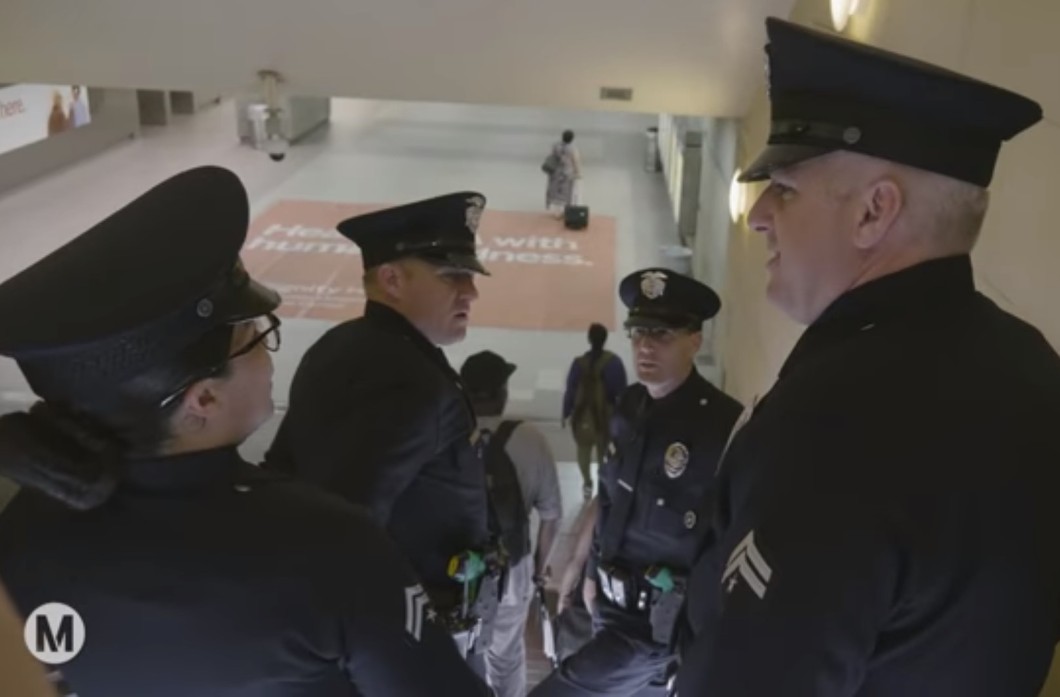As expected, President Donald Trump signed into law a resolution taking away California’s power to require that all sales of new vehicles in the state be electric or zero emission vehicles. As promised, California immediately challenged the legality of this action and was joined by 10 other states seeking relief from federal overreach.
While the president’s shock troops assaulted one of California’s United States Senators, Trump was signing into law a trio of resolutions - each rescinding a waiver granted by the EPA - that the nonpartisan Government Accountability Office and Senate Parliamentarian have opined have no legal weight.
The most notable of those waivers allowed California to mandate that, by 2035, at least 80 percent of new vehicles sold in the state be electric, with the remainder being plug-in hybrids. The other waivers two had to do with EV and zero-emission conversion of the freight industry.
California alone has the right to set its own clean air standards because it created state standards before the federal government began setting national standards. However, other states can choose to follow California’s standards rather than the federal ones.
Automakers praised the signing, which the President claimed “liberated” the industry. California and the other plaintiffs were not impressed.
"The Federal Government carried out an illegal playbook designed to evade lawful procedures that might prevent the 'take down' of disfavored California laws," the lawsuit, filed in U.S. District Court in northern California, reads.
At issue is whether or not the federal government can rescind a waiver without going through regular legislative procedures. Republican legislators chose to use powers granted under the Congressional Review Act, which is not something that can be filibustered in the Senate (thus only 51 Senators are needed to approve the change instead of 60).
The plaintiffs in the suit are California, Colorado, Delaware, Massachusetts, New Jersey, New Mexico, New York, Oregon, Rhode Island, Vermont, and Washington.






